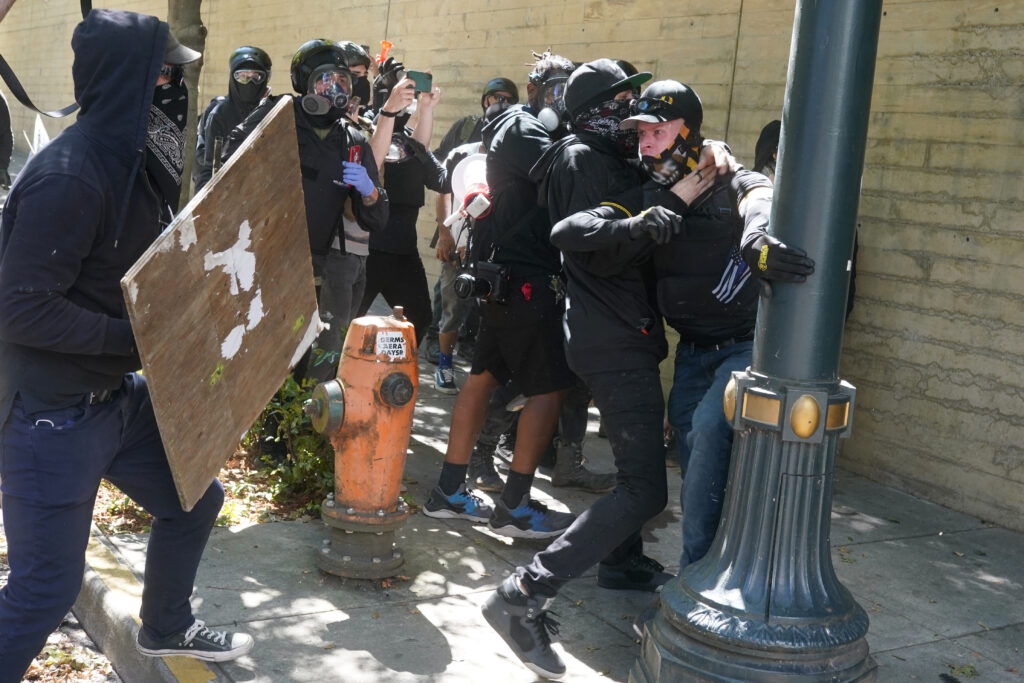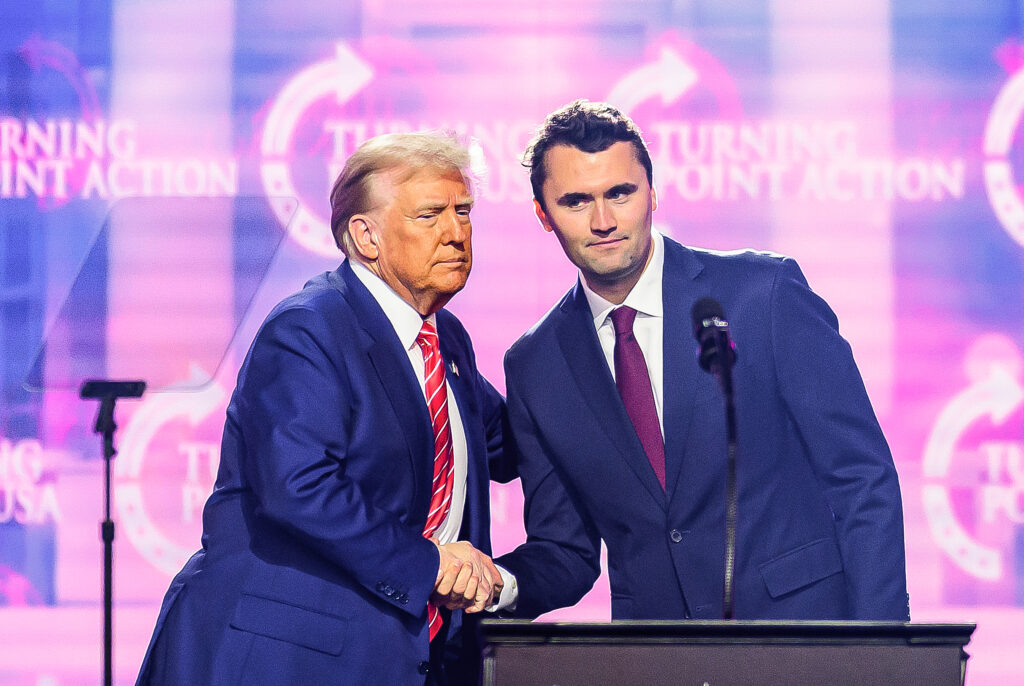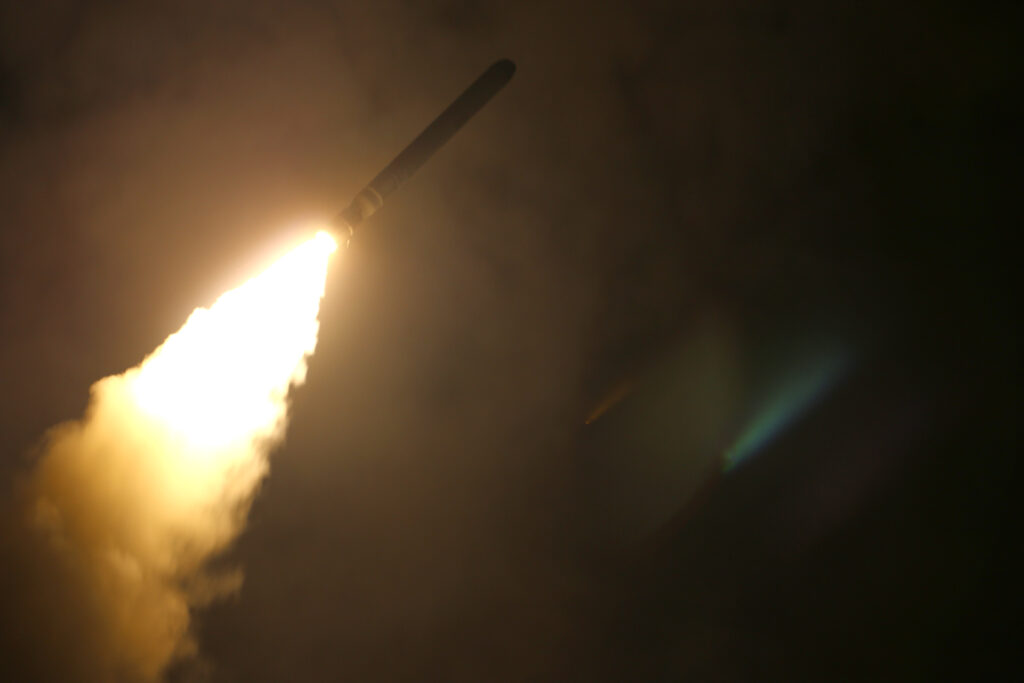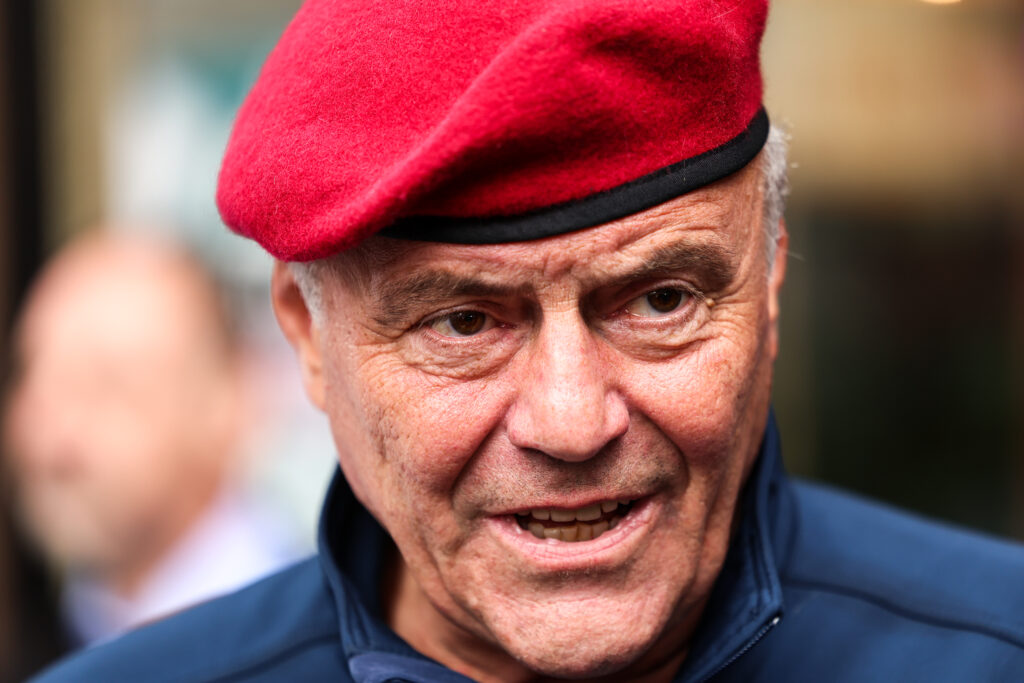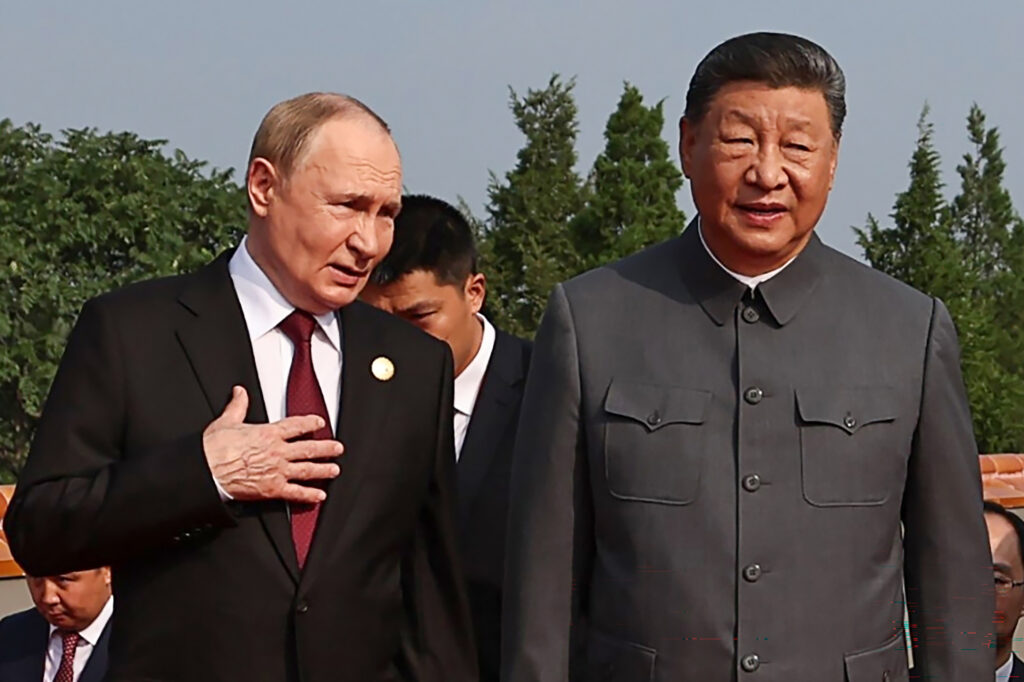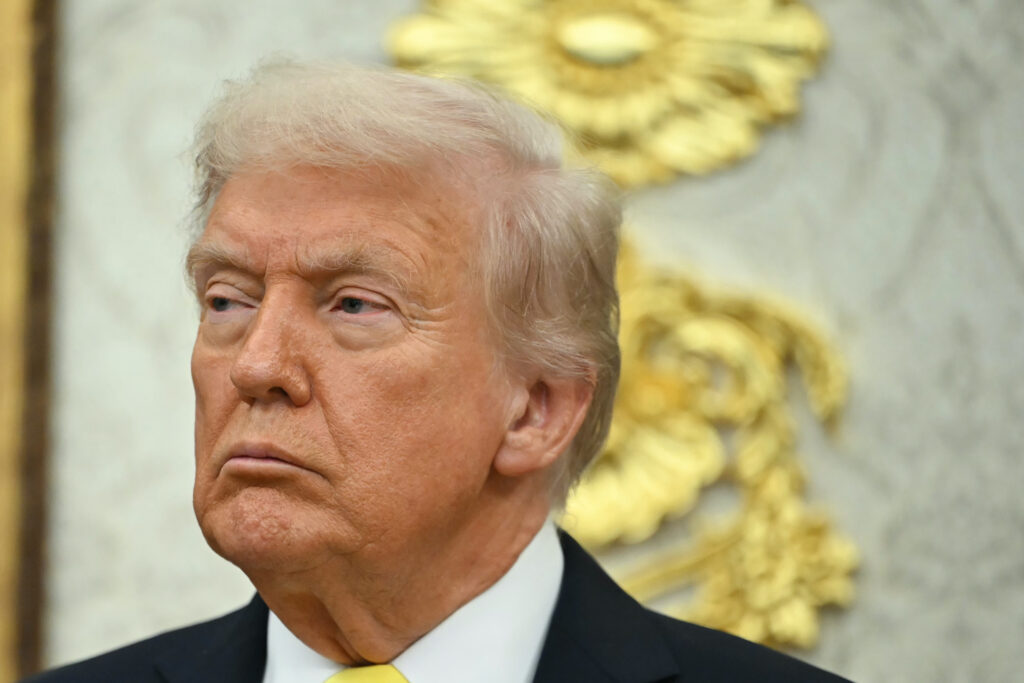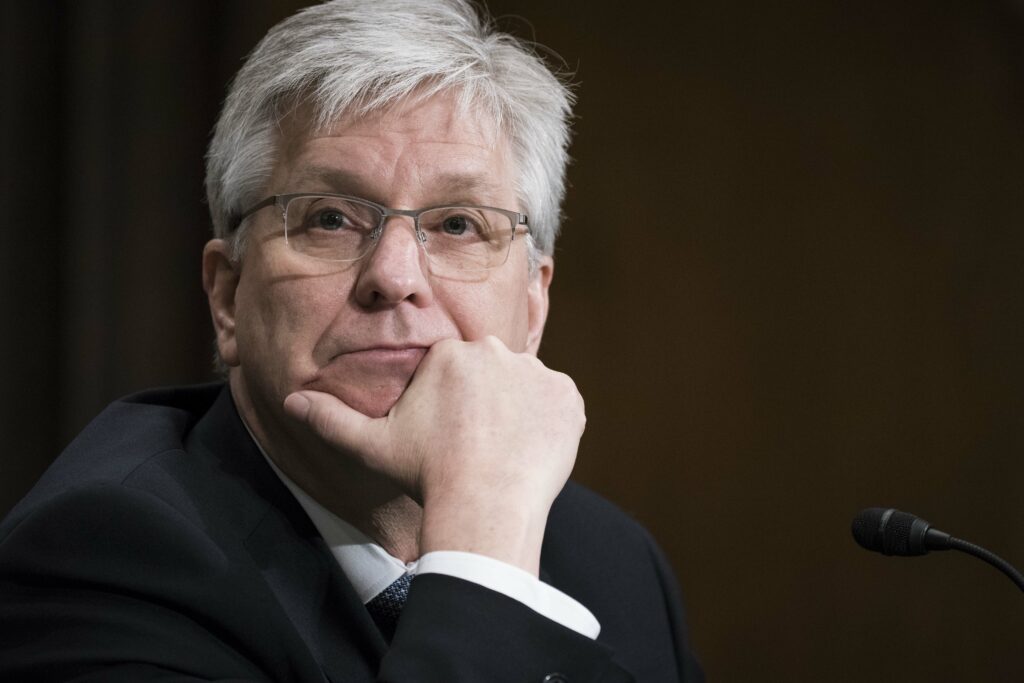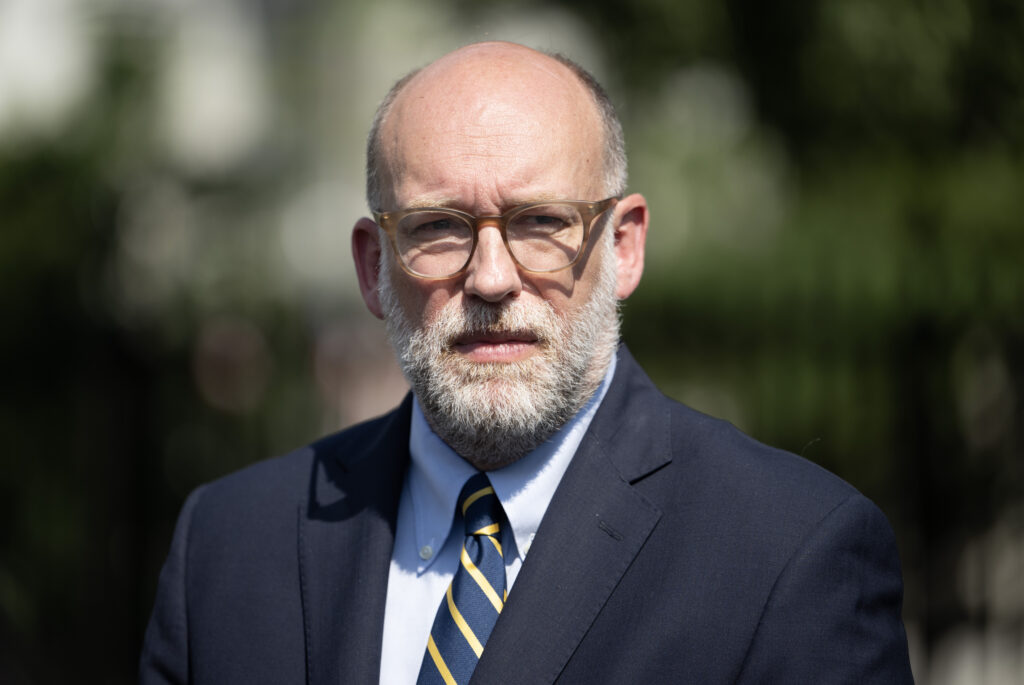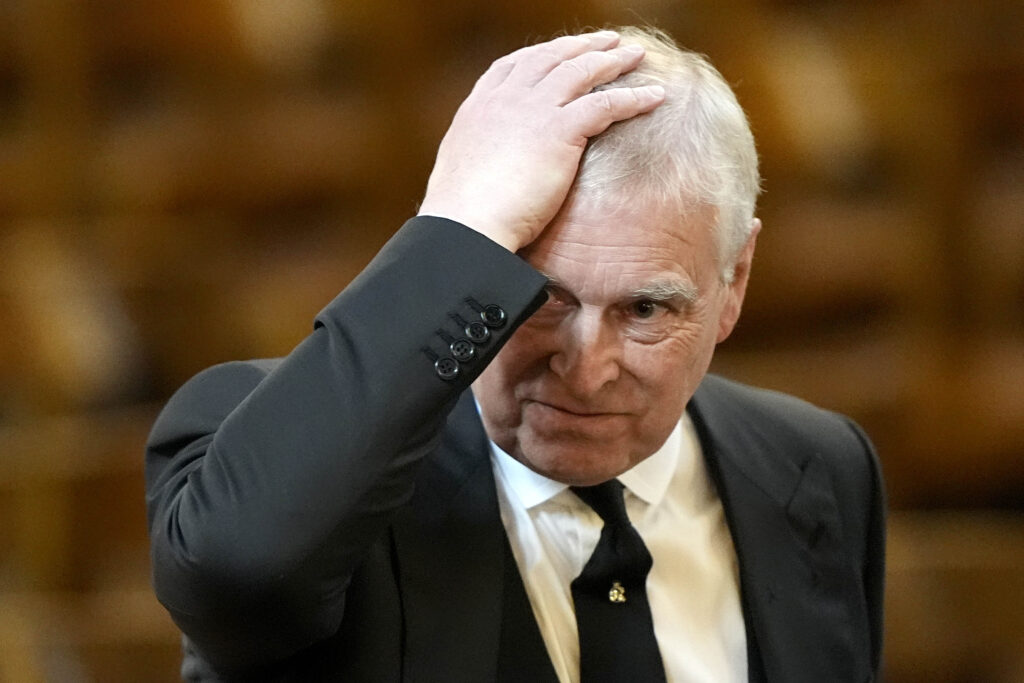‘Antifa’ members face terrorism-related charges over ICE attack
Two people suspected of involvement in an attack on an immigration detention center in Texas are facing terrorism-related charges, according to an indictment unsealed Thursday that alleges they are members of the left-wing Antifa movement.The charges against Cameron Arnold and Zachary Evetts come three weeks after US President Donald Trump signed an order designating Antifa as a domestic terrorist organization.”First time ever: the FBI arrested Antifa-aligned anarchist violent extremists and terrorism charges have been brought for the July 4 Prairieland ICE attack in Texas,” FBI Director Kash Patel said on X.”As (President Trump) has made clear, Antifa is a left-wing terrorist organization,” Attorney General Pam Bondi said, also on X. “They will be prosecuted as such.”Arnold and Evetts were among 10 people charged for the attack on the facility run by Immigration and Customs Enforcement (ICE), the agency which has played a leading role in Trump’s campaign to deport millions of undocumented migrants from the United States.A criminal complaint filed at the time did not describe the suspects as Antifa members but the indictment unsealed on Thursday said the pair and the other defendants were members of an “Antifa cell.”Arnold and Evetts were charged with providing material support to terrorists, along with attempted murder of federal officers and firearms offenses.According to the criminal complaint, the assailants, dressed in black military-style clothing, began shooting fireworks at the ICE facility and spray-painting “Traitor” and “ICE Pig” on cars and a guard structure.When a police officer arrived on the scene, he was shot in the neck by someone positioned in the nearby woods.Another assailant allegedly fired 20 to 30 rounds at unarmed correctional officersAntifa, a shorthand term for “anti-fascist,” is a nebulous movement of left-wing activists that experts say is more a political ideology than an organized group.Antifa — whose name has roots in socialist groups in 1930s Germany that opposed Hitler — has a track record of confronting right-wing groups and engaging in civil disobedience.Antifa-aligned activists, often dressed entirely in black, protest against racism, far-right values and what they consider fascism, and say violent tactics are sometimes justified as self-defense.
